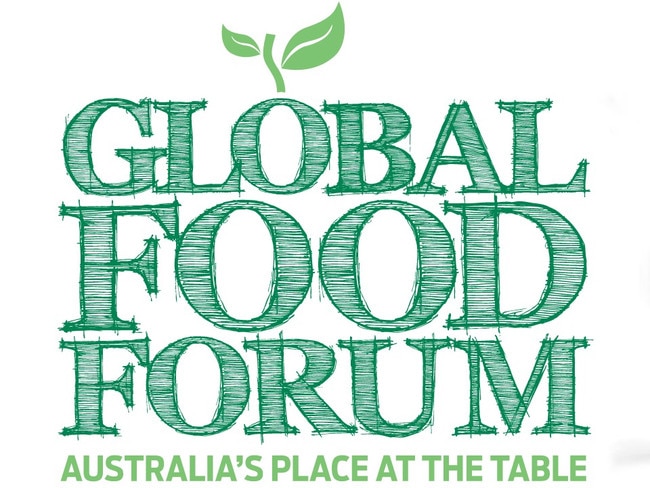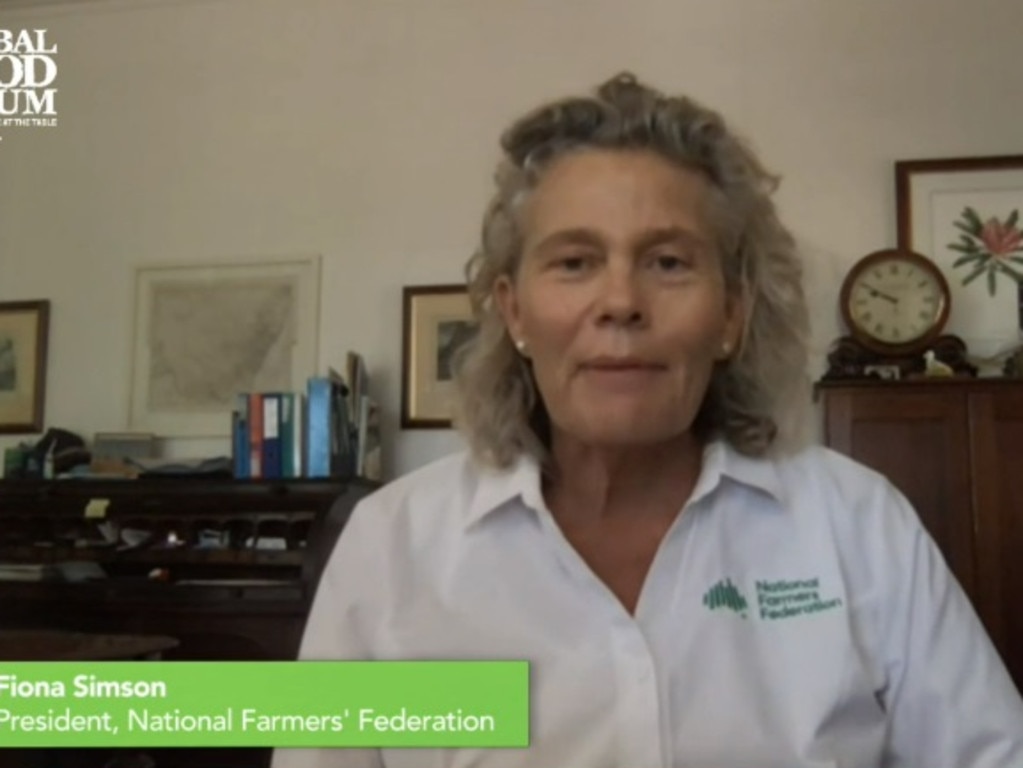COVID highlight’s agriculture’s value for investors: PSP
The COVID pandemic has highlighted the value of agricultural land for long-term investors, Canadian pensions giant says.

PSP Investments, the giant Canadian pension investment manager that has over $2 billion invested in Australia, says the COVID pandemic has highlighted the value of agricultural land for long-term investors and believes the federal government remains firmly supportive of foreign investment in the farming sector.
PSP, which invests on behalf of the Canadian public service, armed forces, the Royal Canadian Mounted Police and the Reserve Force, said it was looking for “infrastructure-type” returns from its Australian assets which allowed it to look through cycles, but was heartened by the productivity generated from its properties during the pandemic.
“We didn’t see much impact in terms of the offtake from the farms. Quite the contrary. It goes to the piece that these assets are pretty robust and we continue to think that agriculture is a great place to be for the long term for investors that can withstand that volatility,’’ Marc Drouin, PSP’s senior managing director and global head of natural resources, told The Australian and Visy’s Global Food Forum on Thursday.
“Profitability from year to year will be volatile but one of the things we like about the sector is you have that downside protection from your investment in the land. If you are buying the right quality land, it will continue to increase in value over time as the value of the crops increases.”
Montreal-based PSP aims to have more than $C250bn ($265bn) in assets under management by 2028 and Australia now represents half of its agricultural investment portfolio.

The group uses a “buy and operate” joint venture model for its Australian assets - as opposed to a buy and lease model - and is one of the largest organic meat companies in the country through its joint partner Hewitt Cattle Australia.
“We are all about alignment of interest. When a family is contributing their personal family assets it is all the more important and real to them. It has been great to have that family alongside us to help us make introductions to new potential partners,” Mr Drouin said.
“We are not private equity. We don’t flip. We could be ostensibly own these assets forever. It is helpful to have partners on the ground who know the community well and plug us into the right people.”
PSP made its biggest headlines last year when it paid $854m for the 180-year-old Webster group, one of Australia’s largest growers of walnuts.
Webster’s businesses also included cultivated cotton, corn and other cereals, raised livestock and a diverse portfolio of more than 150,000 mega litres of water entitlements, making PSP one of the biggest players in the Murray-Darling basin.
“We have expansion programs in pretty much all of our platforms. There are trees in the ground that are growing. We are looking at opportunities to buy more land and more water to grow those platforms, productive farms we can add to the mix. I do see us deploying more capital to develop more greenfields,’’ Mr Drouin said.
Amid widespread concerns about manipulation of the Murray-Darling water market, giving unfair advantages to large corporate traders over smaller farmers, the competition regulator has made a number of proposals to improve transparency, including a licensing regime and a single regulator to oversee water trading, similar to energy and financial markets.
Mr Drouin stressed PSP did not speculate on water because it was needed for the group’s crop portfolio.
“We need to invest in the crops that we farm. It is all about feeding our plantations and crops. We are not interested in buying water for speculating,’’ he said.
“We welcome anything to improve transparency and the efficiency of the markets. We actually think the Australian water market has a very robust framework of cap and trade that has been in place for 20 years.”
Earlier this year the federal government asked the Foreign Investment Review Board to examine all property and business plans by overseas buyers to ensure any distressed assets were not sold too cheaply during the pandemic.
But Mr Drouin said the FIRB process had “always been pretty clear and we are pretty happy with it.”
“Everything that we have heard from the government suggests they will continue to be supportive of foreign investment in agriculture. We are not looking to be selling any time soon. As long as we can continue buying we are good,’’ he said.
While he was reluctant to comment specifically about the impact of current trade tensions between America and China, he said it could provide opportunities for countries like Australia.
“We are happy to be diversified in various geographies. If we can’t sell our nuts to China from the US maybe we can sell them from Australia. These are global markets and when you see these trade wars that we would prefer not to see, it will create a temporary dislocation if you cannot sell into your traditional market but eventually you will find other paths to market,’’ he said.
“One of the benefits of our assets in Australia is that it is a very strong domestic market. The majority of what we sell off our farms we sell in Australia. And there are also opportunities for export.”







